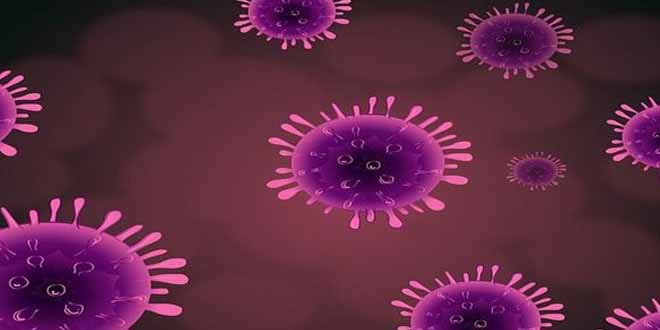
HPV (Human Papilloma Virus)
The genital human papillomavirus (HPV) is a common virus, which spans to more than 100 different strains, or types, of the virus. It is spread through sexual contact. Some strains can cause changes in the cells of the cervix in women as well as the mouth and throat in both men and women. These changes in cells cause cancers in these locations, and thus these are the high risk types of HPV. Still, other types of HPV can cause genital warts in both males and females. There is no cure for the HPV infection, but some of the problems it causes can be treated. The preventative measure is the HPV vaccine, which can stop it from invading the body.
If it is given to an individual before he or she is exposed to the virus, the HPV vaccine can prevent the most common types of the virus that cause cervical cancer and genital warts. The vaccine can protect the individual for a very long time, but it is not a substitute for cervical cancer screening. Women should still get regular Pap smear tests.
Who Should Get the Vaccine and When?
The HPV vaccine is a series of vaccines given in 3-doses: the first dose should be given at age 11 or 12 years for both females and males. The second dose should be given one month after dose 1, and the third dose should be given 6 months after dose 1.
The HPV infection is easily acquired, even with only one sex partner, which is why it is extremely important to get the HPV vaccine before any sexual contact takes place. Also, the response is better at a younger age than at older ages.
The vaccination is recommended for persons who are immunocompromised (where their immune systems are weakened). Those with HIV infections are also advised to get an HPV vaccination, at any age for those who did not get any or all doses when they were younger.
Who Should Not Get Vaccinated
Those individuals who have ever had a life-threatening allergic reaction to any component of the HPV vaccine, or to a previous dose of the vaccine, should not receive any further vaccinations for HPV. Tell your doctor if you have any severe allergies, including allergies to latex.
Currently, the HPV vaccine is not recommended for women during their pregnancy. If you have received your first or second dose before pregnancy, the second or third dose should be delayed until completion of pregnancy. However, even if you have received the HPV vaccine, you should not terminate the pregnancy. The long-term effects on the fetus are not known, but research indicates no effects are anticipated.
People who are mildly ill with a disease when a dose of the HPV vaccine is planned can still be vaccinated. However, those who have a moderate or severe acute illness should wait until they are better.
What Are the Risks From This Vaccine?
This HPV vaccine has been in use around the world for several years and has been very safe. However, any medicine could possibly cause a serious problem, especially a severe allergic reaction. The risk of any vaccine causing a serious injury, or death, is extremely small. Life-threatening allergic reactions from vaccines are rare. If they do occur, it would be within a few minutes to a few hours after the vaccination. Immediately go to the doctor if you do get an allergic reaction.
Although life-threatening allergic reactions are rare, there are some mild to moderate problems that might occur with the HPV vaccine. These are not life-threatening, do not last long and usually go away on their own. You might experience pain, redness or swelling where the shot was received. Other mild reactions include, fever of 37.5 centigrade or higher, headache or fatigue, nausea, vomiting, diarrhea, or abdominal, muscle or joint pain.
Brief fainting spells and related symptoms can happen after any medical procedure, including vaccination. Sitting or lying down for about 15 minutes after vaccination can help prevent can help prevent fainting and injuries caused by falls. Again, these are not life-threatening and will go away on their own.

